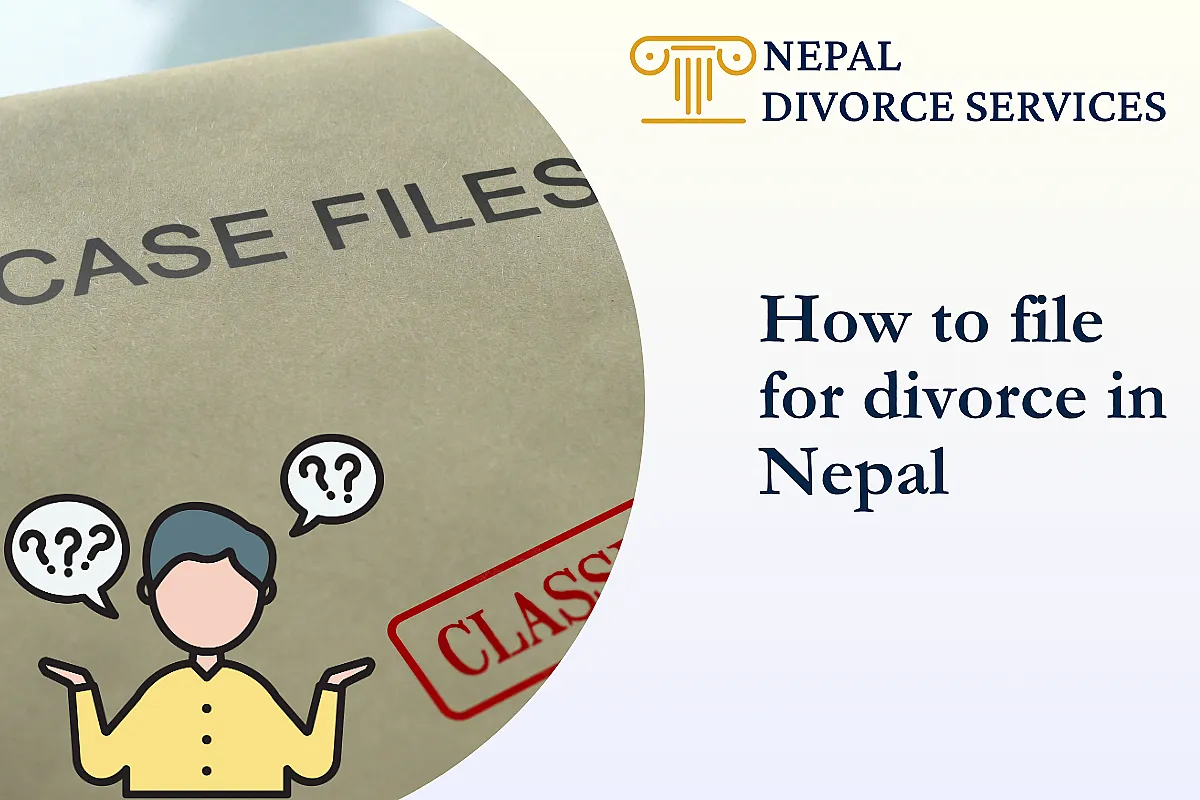Tag : Law Firm Services
All You Need to Know About Divorce by Mutual Consent
Divorce by mutual consent is a straightforward and efficient option for couples in Nepal wishing to end their marriage amicably. Governed by Article 93 of the Civil Code 2074, this process allows couples to file a joint petition, making it a popular choice among younger generations. While it offers significant advantages such as a quick resolution and lower costs, it is essential to consider property rights and the necessity for mutual agreement on various terms. This guide provides a comprehensive overview of the mutual consent divorce process, including legal grounds, advantages, disadvantages, and the relevant legal framework, ensuring you are well-informed for your journey.
Divorce Procedure in Nepal
This article provides a comprehensive guide to the divorce procedure in Nepal, including key legal grounds for divorce such as adultery, cruelty, and irretrievable breakdown of marriage. It walks readers through the step-by-step process, from consulting a divorce lawyer to filing a petition, mediation, and final court hearings. The article also covers child custody and property division laws in Nepal, offering practical advice on navigating the legal system with professional support.
Resolving Disputes in Nepal
Resolving Disputes in Nepal is a vital topic that affects the rights and interests of individuals, businesses, and organizations. According to my search, disputes in Nepal can be resolved through various methods, such as litigation, arbitration, mediation, negotiation, etc. The choice of the method depends on the nature, complexity, and urgency of the dispute, as well as the preference and agreement of the parties involved.
The Dos and Don'ts of Negotiating a Legal Settlement in Nepal
Negotiating a legal settlement is a process of resolving a dispute or a claim through dialogue, compromise, and agreement, without going to trial. Negotiating a legal settlement can be beneficial for both parties, as it can save time, money, and stress, and result in a mutually satisfactory outcome. However, negotiating a legal settlement can also be challenging, as it involves various legal, financial, and emotional factors, and requires skill, patience, and strategy.
Power of attorney (POA) in Nepal
Power of attorney is a legal document that allows you to appoint someone to act on your behalf in certain matters. It can be very useful in situations where you are unable to handle your own affairs, such as when you are living abroad or going through a divorce. However, it is also a serious responsibility that requires careful consideration and drafting. Nepal Divorce Services can assist you with any power of attorney issues related to divorce and family law in Nepal. Contact us today for a free consultation and find out how we can help you.
How to file for divorce in Nepal: A step-by-step guide
Divorce is the legal termination of marriage between a husband and a wife. Divorce can have various legal, social, and emotional implications for both parties. In Nepal, divorce is regulated by the Civil Code 2074 (2017), which provides two ways to obtain a divorce: by mutual consent or by filing a case in the district court.
How the Civil Code 2074 (2017) reformed divorce and family law in Nepal
Divorce and family law are the legal aspects that govern the formation, dissolution, and consequences of marriage and family relationships. Divorce and family law can affect various issues such as grounds for divorce, alimony, child custody, child support, property division, debt allocation, inheritance, adoption, etc. Divorce and family law can have significant impacts on the rights and interests of both spouses and their children.


-medium.webp)


-in-Nepal-medium.webp)

-reformed-divorce-and-family-law-in-Nepal-medium.webp)